E-Mental-Health
E/M Mental- and Behavioral-Health offers a multitude of research fields. The focus of our research is on therapeutically guided and unguided Internet and/or Mobile-based self-help interventions, the combination of on-site health care and digital applications (blended care) as well as the development and evaluation of innovative E/M-Health approaches in the fields of mental disorders, physical diseases and health behaviour change across the life span.
Current research projects of the department:
PSYCHOnlineTHERAPIE | BETTER Care | Get Sleep | iCHIMPS | ProTransition | COACH | My Compass | StudiCare | With us in balance | howIMIwork | IMI in the medically Ill | STARK | eSano-IT-Plattform | mSANO | mHAD: Ratingscales for the assessment of digital health applications | Blended Therapy – combinding IMI with on-site health care offers | Automated virtual assistants (Chatbots)
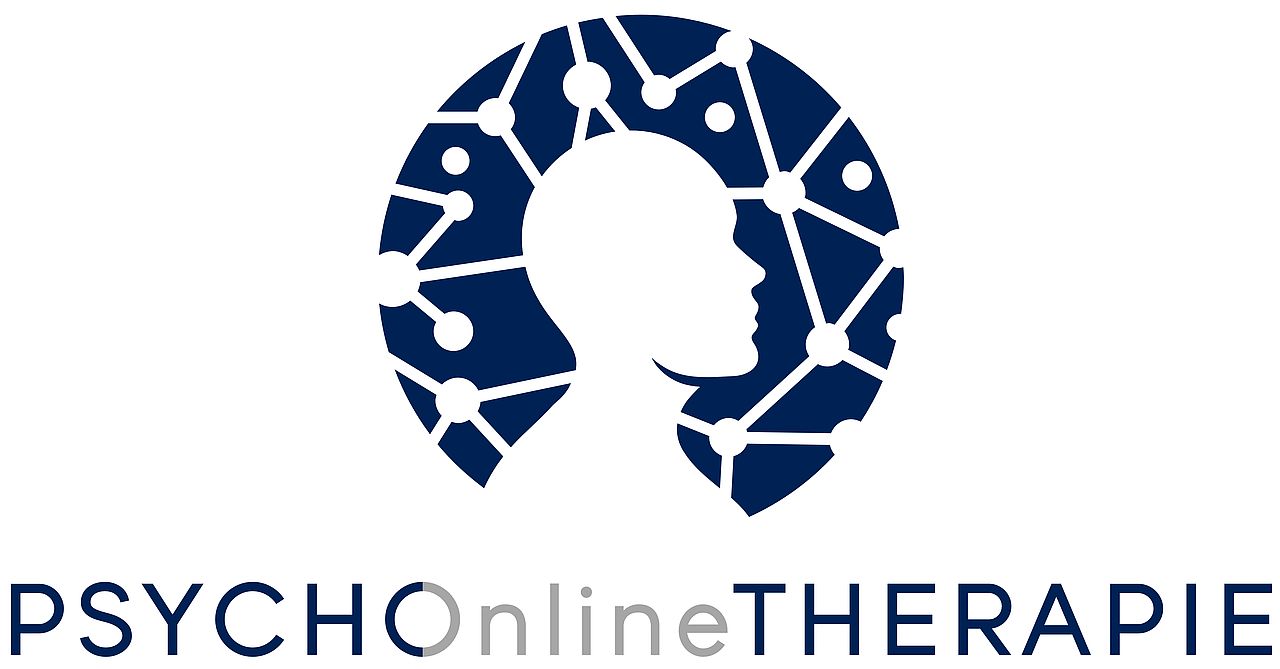
PSYCHOnlineTHERAPIE - Integration of online interventions in outpatient psychotherapeutic treatment for depression and anxiety disorders
While both psychotherapeutic routine treatment and guided online interventions show well-established efficacy for a variety of mental disorders, research on their combination (i.e., blended therapy) is rather scarce. The multicenter project PSYCHOnlineTHERAPIE investigates different versions of blended therapy in outpatient psychotherapeutic treatment for patients with depression and anxiety disorders.
For detailed information please see the project outline: "PSYCHOnlineTHERAPIE".
In a substudy we investigate the relationship between digital markers and health variables in the psychotherapeutic process. Further information can be found in the project outline "Mobile Sensing".
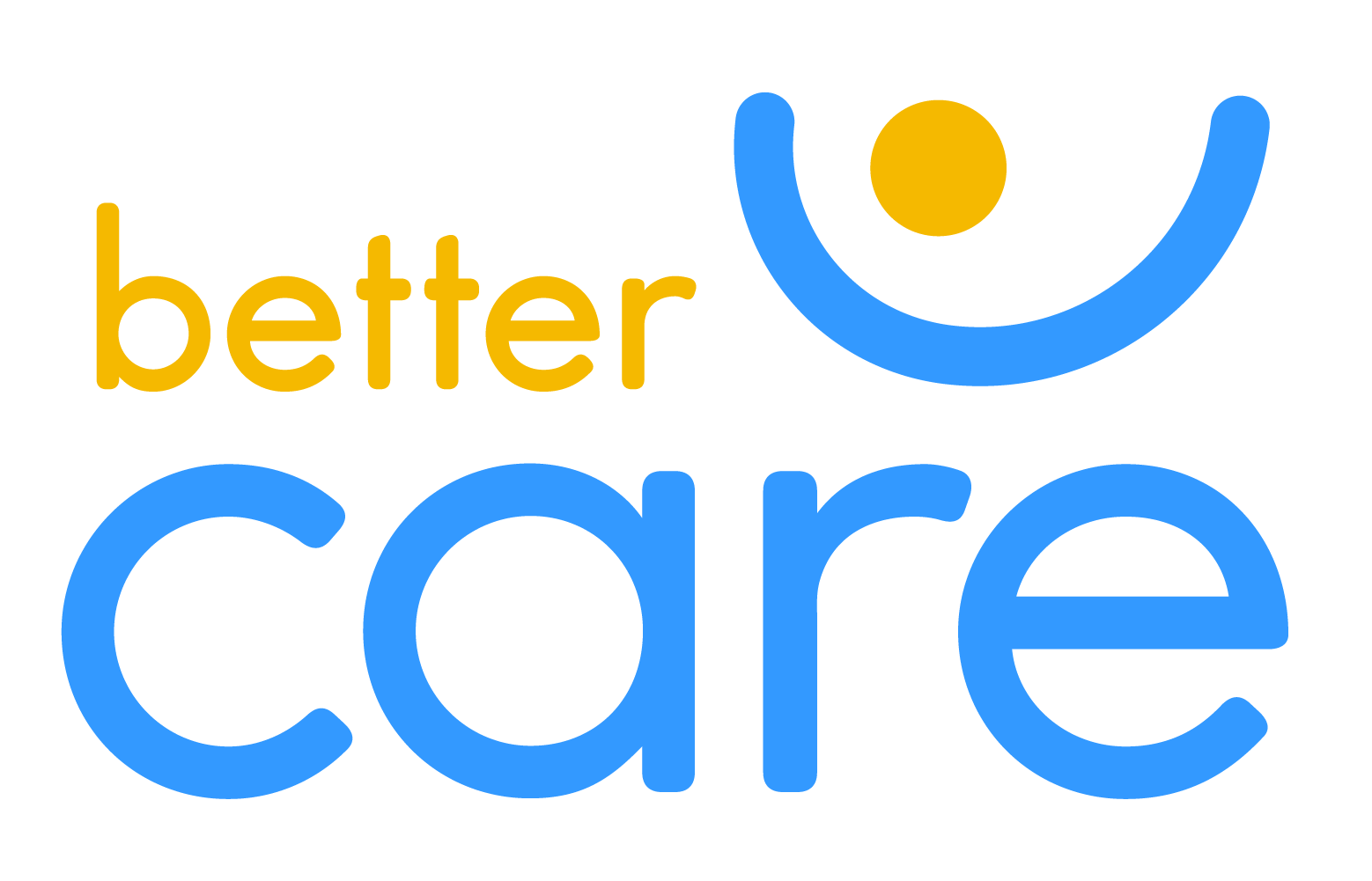
BETTER Care: BrEasT cancer afTER CARE follow up and program
BETTER CARE is a project for improving guideline-based follow-up care for patients with breast cancer after completion of primary treatment.
By establishing a cross-sector and multidisciplinary network among all disciplines involved in care (e.g., gynecologists, psycho-oncologists) and by using multimodal digital applications to support this collaboration, the project aims to enable individualized and need-adapted aftercare.
For detailed information please see the project outline “Better Care”.
GET Sleep
Cognitive behavioral therapy for insomnia (CBT-I) is considered the gold standard for the treatment of insomnia. Yet, only few patients suffering from insomnia receive this form of treatment. Online interventions offer an innovative way to provide CBT-I on a large scale to patients. The multicentered project GET Sleep (https://www.getsleep.de), which is funded by the innovation fond, investigates the effectiveness of a stepped care model, which includes an online intervention as the second treatment step.
For detailed information please see the project outline: "GET Sleep”.
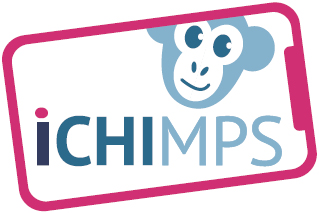
iCHIMPS – online-based intervention program for children of mentally ill parents
Children and young people with mentally ill parents experience special challenges in their everyday lives. This group has a much higher risk of developing a mental illness themselves. However, there are hardly any care services available, which is the reason why children of mentally ill parents (CHIMPS) are considered as "forgotten risk group". The multi-centre CHIMPS-NET joint project supported by the Innovation Fund is attempting to close this care gap. The Ulm sub-project iCHIMPS is concerned with the development and evaluation of an online intervention program for young people, between 12 and 18 years of age, with a mentally ill and/or addicted parent.
For detailed information please see the project outline: "iCHIMPS”.

ProTransition
The ProTransition project, funded by the Forum Gesundheitsstandort, Ministry of Social Affairs and Integration, Baden-Württemberg, aims to reduce the care gap during transition from child and adolescent mental health services to adult mental health services in two closely interlinked subprojects using digital technologies.
Further information can be found in the Project outline: "ProTransition".

COACH: Chronic conditions in adolescents - Implementation and evaluation of patient-centred collaborative healthcare
Adolescents and young adults suffering from a chronic somatic condition often are afflicted with comorbid depressive and / or anxious symptoms. Currently, there is only few research focusing on the care of those comorbid mental strains. For this reason, the multi-centric COACH project aims to implement and evaluate a patient-centered collaborative healthcare approach that optimizes treatment and comprehension of this partly undersupplied target group. In doing so, the COACH project consists of five cooperating sub-projects. Adolescents and young adults that suffer from cystic fibrosis, juvenile idiopathic arthritis, or Type 1 diabetes are included.
Further information can be found in the Project outline: "COACH".
Adolescents with a chronic somatic condition (CE) show an increased risk of developing comorbid symptoms of anxiety or depression. Subproject 4 includes young people aged 12-21 years who suffer from type 1 diabetes, juvenile idiopathic arthritis or cystic fibrosis. For further information, please see the youthCOACHce project outline.

My Compass: Development and evaluation of an information platform for young people with mental health issues under consideration of web design principles
Many adolescents suffer from psychological stress and disorders that can lead to considerable impairment and negative long-term effects continuing into adulthood. The present project aims to reduce the gap between knowledge in the target population and research findings, as well as to promote the use of adequate health care services. This will be achieved using the full potential of digital technologies by creating a non-profit, open-access platform with potential for expansion.
For further information please see the project outline "My Compass".

StudiCare: Nationwide model project for the prevention and health promotion of mental stress and disorders among students
During the time at university, the stress levels of students and the occurrence of mental disorders are increasing. In our experience, however, the high demand for preventive and curative (psychological) health care services can only be met to a limited extent by universities. In this context, the University of Ulm and the Friedrich-Alexander-University Erlangen-Nuremberg (FAU), in cooperation with BARMER, launched the project "StudiCare" (www.studicare.com), which records the mental health of students and develops technology-based options for improving it. The project covers two areas:
- A web-based panel survey is conducted worldwide within the framework of the „WHO The World Mental Health Survey Initiative“, coordinated by Harvard University, among students from the first semester onwards.
- Students at German-speaking universities will be given the opportunity to participate in scientifically sound internet-based health interventions offered in the context of randomized controlled trials (see below).
Further information can be found in the project outline StudiCare.
The following subprojects belong to the "StudiCare" project:
StudiCare Mindfulness consists of 7 modules with different focal points on mindfulness, based on principles of acceptance and commitment therapy (ACT) and stress management.
Longitudinal survey of students from the first semester onwards, who are asked at regular intervals about their expectations of their studies and stresses and strains as well as their psychological well-being. The survey is embedded in the WHO The World Mental Health International College Survey (https://www.hcp.med.harvard.edu/wmh/college_student_survey.php) initiative coordinated by Harvard University. Further information can be found at www.studicare.com/panel-information.
In order to offer international students an intervention to reduce stress, an online-based attentiveness intervention was translated into English and adapted to the context of international students: StudiCare-Mindfulness. Further information can be found in the project outline of StudiCare Mindfulness (International).
StudiCare Test Anxiety consists of 7 modules and is based on cognitive-behavioural therapeutic principles.
StudiCare Procrastination consists of 5 modules based on cognitive-behavioural therapeutic principles.
StudiCare Physical Activity consists of 6 modules and is based on cognitive, behavioral and sports science principles.
Further collaborative studies on, among other things, depression, Internet addiction, social phobia, stress, sports, body dysmorphic symptoms, body dissatisfaction, somatization symptoms, substance consumption and sleep see https://www.studicare.com/
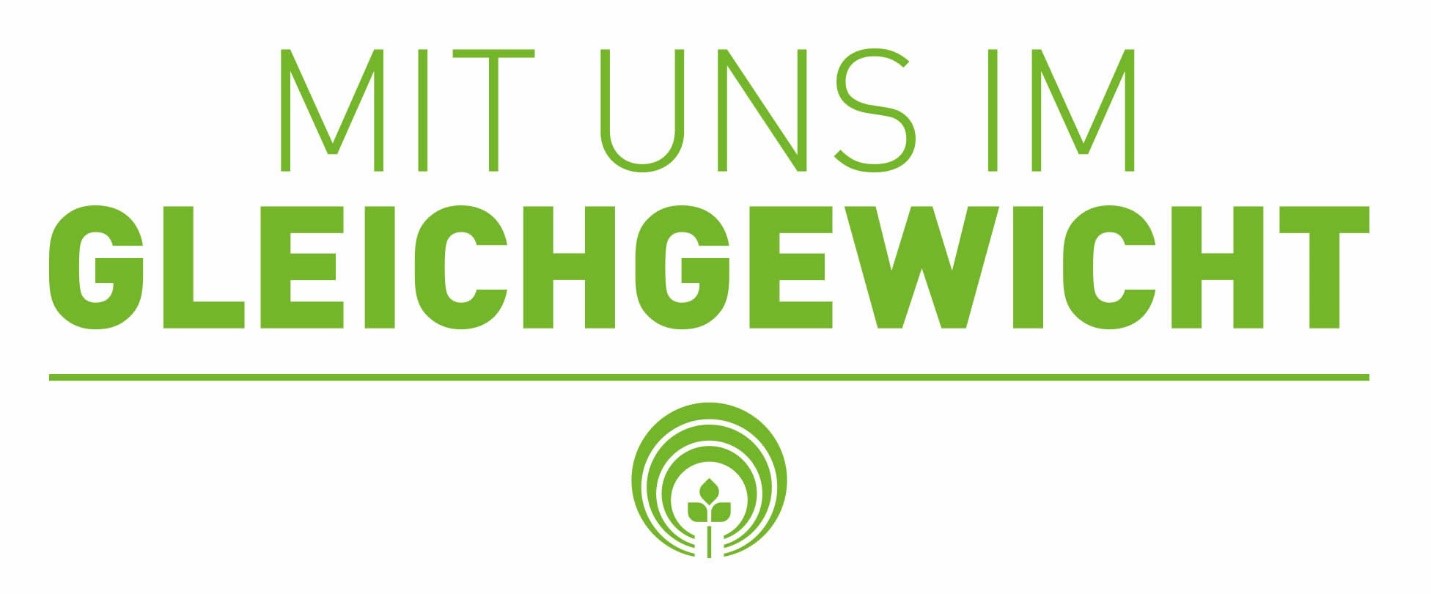
With us in balance: Nationwide model project for the prevention of depression
In the so-called "green professions", psychological stress such as depressive and anxious symptoms are a considerable health problem. The resulting negative consequences for the individual, the agricultural company and the health system are numerous. Despite the effectiveness of preventive psychological interventions, the use of these health care services in the target group of agriculturists, horticulturists and foresters is low. The study aims to identify and evaluate preventive services specific to the target group in order to promote mental health among green professions.
Further information can be found in the Project outline: "Mit uns im Gleichgewicht".
The following subprojects belong to the project "With us in balance":
In this randomized controlled study PROD-A online based interventions against standard care (TAU+) are compared.
Further information can be found in the Project outline: "Mit uns im Gleichgewicht: Studie PROD-A".
In this randomized controlled trial PACT-A, an internet-based intervention for chronic pain is compared to enhanced treatment as usual (TAU+).
Further information can be found in the project outline "With us in Balance: PACT-A".
In this randomized controlled trial, personalized tele-based coaching in the intervention group is compared to enhanced treatment as usual (TAU+).
Further information can be found in the project outline "With us in Balance: TEC-A".
This study evaluates the implementation of preventive health care offers such as internet-based interventions (GET.ON) and personalized tele-based coaching (IVP-Net) for those insured by the social insurance for agriculture, forestry and horticulture (SVLFG).
Further information can be found in the project outline "With us in Balance: Implementation study".

Mechanisms of change in psychotherapy
Evidence-based knowledge about the active ingredients and mechanisms of change in Internet- and mobile-based interventions (IMIs) for depression is largely pending so far. Therefore, the current project howIMIwork aims to contribute to the identifcation of the mediators and working mechanisms responsible for treatment change in these technology-transmitted interventions. Central to this endeavour will be the realization of a meta-analysis of individual participant data (IPD-MA), in order to provide the most accurate and comprehensive evidence synthesis for these research questions to date.
For further information please see the project outline howIMIwork.
![[Translate to english:] pixabay.com](/fileadmin/website_uni_ulm/iui.inst.160/Psychologie/Klin_Psychologie_und_Psychotherapie/Bilder/pixabay.com_stethoscope-2617700_1920.jpg)
IMI in the medically Ill
Internet- and mobile-based interventions (IMIs) can contribute to improving psycho-social care in people with medical conditions, e.g. due to their time and place independency. The department investigates the effectiveness and cost-effectiveness, acceptance and utilization as well as underlying factors of e-mental health interventions in patients with medical conditions. The focus is on therapeutically guided and unguided self-help interventions, the combination of on-site care with online offers ("blended-therapy") as well as the development and research of technologically innovative new e-health approaches.
Pain
ACTonPain zielt auf die Untersuchung der Wirksamkeit und der Kosteneffektivität begleiteter und unbegleiteter ACT-basierter Online-Interventionen für Personen mit chronischen Schmerzen (ACTonPain). Weitere Informationen entnehmen Sie bitte der Projektskizze ACTonPain.
The BMBF-funded multi-center project WARD-BP aims to investigate the effectiveness and cost-effectiveness of an online intervention against depression for patients with chronic back pain and a depressive disorder. For further information please see the project outline WARD-BP.
PROD-BP aims to investigate the effectiveness and cost-effectiveness of an online-based depression prevention for patients with chronic back pain and depressive symptoms (= indicated prevention). For further information please see the project outline PRO-BP.
For further information please see the project COACH.
Tumor
ACTonCancer is based on acceptance and commitment therapy. The study aims to investigate the feasibility and effectiveness of a guided online intervention for people with carcinoma. The goal of the intervention is to reduce depressive symptoms.
W-Decide is based on concepts of Cognitive Behavioral Therapy. The study aims to investigate the feasibility and effectiveness of a guided online intervention for people with carcinoma. The goal of the intervention is to reduce depressive symptoms.
A cancer disease is associated with great stress not only for the patient but also for his relatives. Aim of the intervention is to improve quality of life and well-being of partners of patients with cancer. Further information can be found in the PartnerCARE project outline.
Diabetes
ACTonDiabetes is based on acceptance and commitment therapy. The study aims to evaluate a guided online intervention for people with diabetes type 1 or type 2, focusing on diabetes-related distress subsequent to hospitalization in a diabetes clinic.
For further information please see the project COACH.
Heart
WIDeCAD is based on concepts of Cognitive Behavioral Therapy. The study aims to investigate the feasibility of a guided online intervention for people with coronary heart disease. The goal of the intervention is to reduce depressive symptoms.
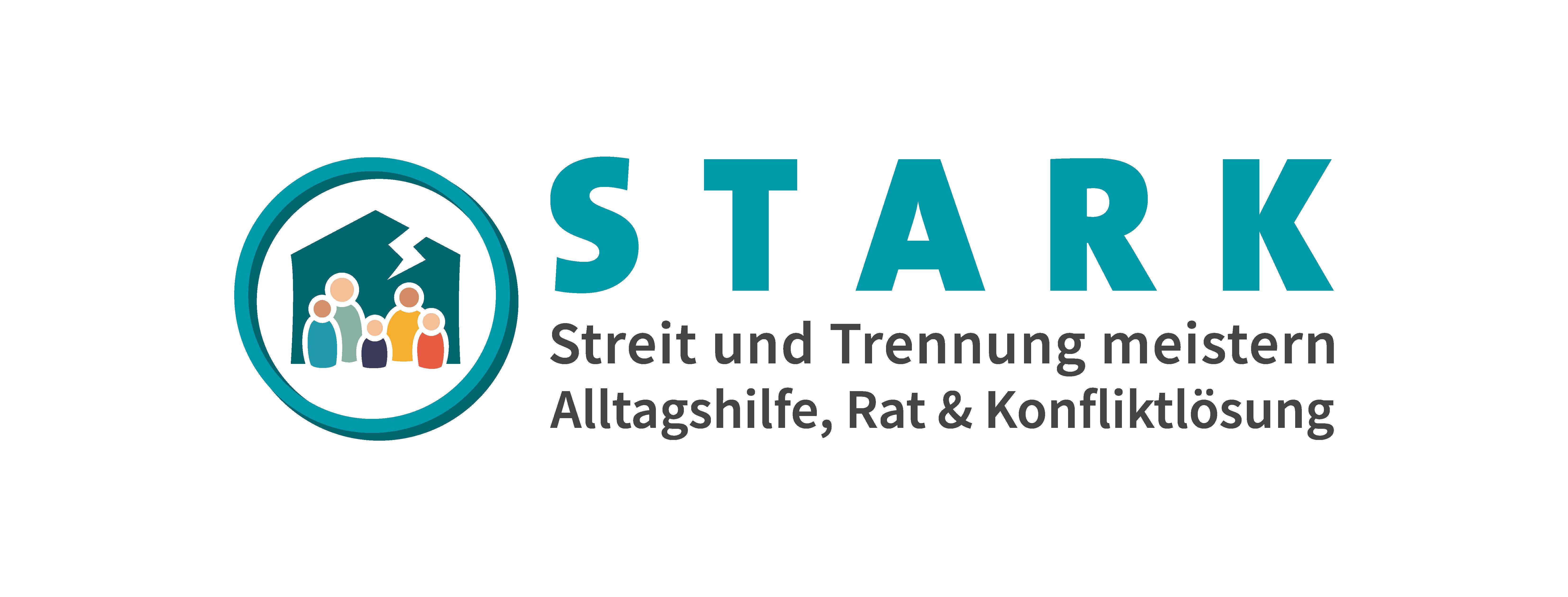
STARK: Mastering conflicts and separation - Orientation and help for families
Nowadays, every third marriage is divorced, and the separation rates of partnerships are even higher. For both, partners and their children, separations can have considerable psychological, social, and economic consequences. With-in this project, a low-threshold, barrier-free and directly accessible online service will be developed, in which parents and their children can find detailed legal, economic and psychosocial information as well as preventive measures during the separation phase.
For detailed information please see the project outline STARK.
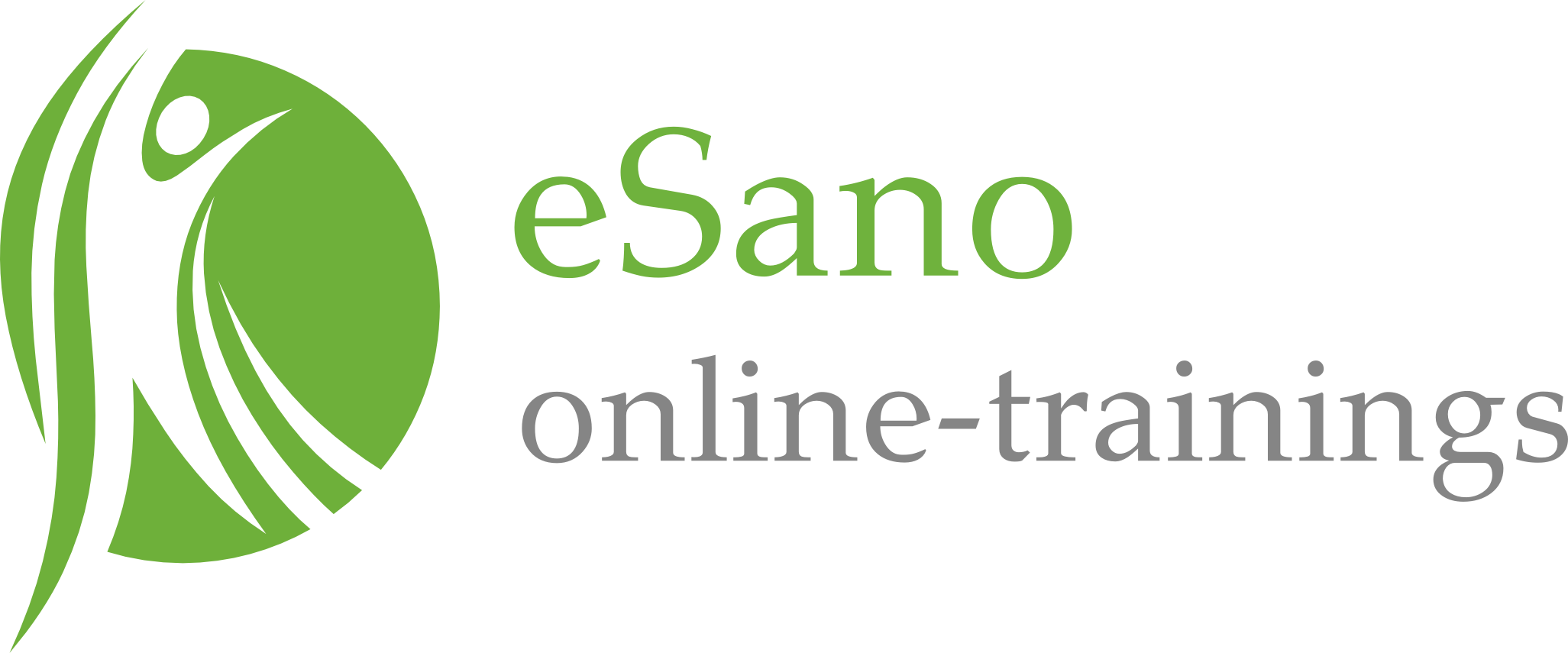
eSano-IT-Plattform
eSano is a technically high-quality e and m-health platform (https://esano.klips-ulm.de) for the technical implementation of Internet- and mobile-based interventions (IMIs).
For further information please see the project outline eSano IT Platform.

mSano: mobile-based health interventions
Mobile-based health care interventions are the next development step of the now well-studied and evidence-based Internet-based interventions. Mostly optimised for the smartphone, but also conceivable in the context of other wearables, they are seen as a more mobile version of the established Internet-based interventions. They are favoured especially due to their mobility, their high reach potential and the possibility to offer health just-in-time when there is a need and opportunity for an intervention. However, mobile-based interventions are far less evidence-based than Internet-based interventions (e.g. Weisel et al.). Hence, a substantial body of research is needed on the way to effective, cost-effective and useful interventions that are actually used. An overview of the topic can be found in Messner et al.
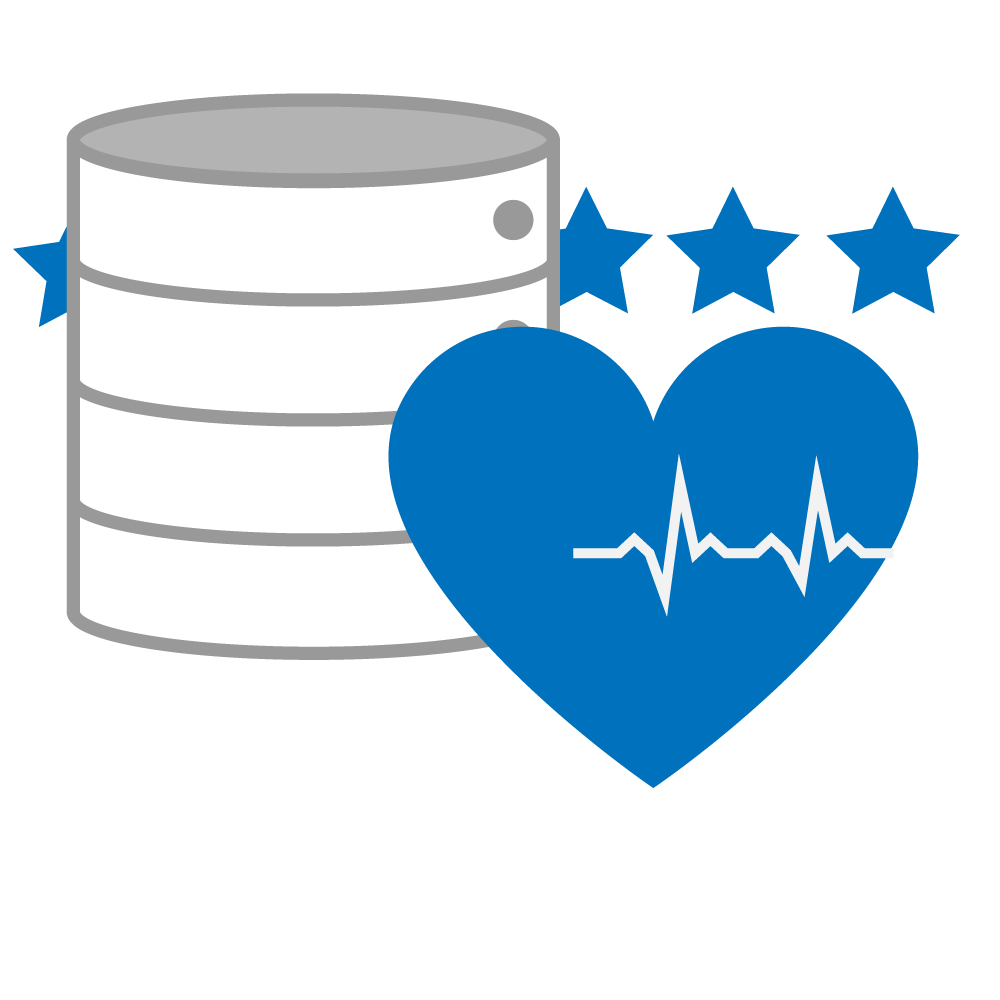
mHAD: Ratingscales for the assessment of digital health applications
The Mobile Health App Database (mHAD; www.mhad.science), as an interdisciplinary non-profit project of the Universities of Ulm, Würzburg and Freiburg, aims at transparency and quality assurance of mobile health apps by means of optimizing the psychometric and technical basis, providing ratings on exisiting mobile health applications and conducting research in the context of an optimised dissemination, use and trustworthiness of respective databases. See project outline mHAD for further information.
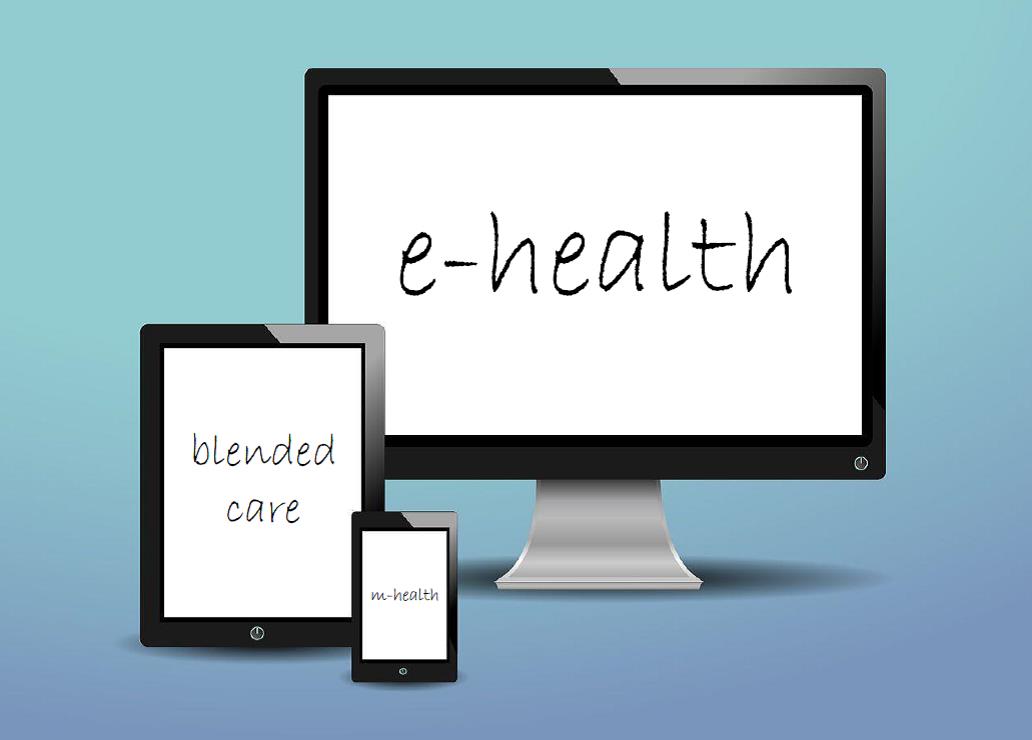
Blended Therapy – combinding IMI with on-site health care offers
Blended therapy refers to the combination of established on-site treatment offers with digital intervention possibilities. In a narrower sense, this includes e.g. blending psychotherapy in an outpatient or inpatient context with digital services. However, blended care can also refer to the blending of GP or specialist treatments with online services such as Internet- and mobile-based health interventions. Possible approaches include, for example, blending psychotherapy as in PSYCHOnlineTHERAPIE, the combination of pharmacological treatments on site blended with the provision of Internet- and mobile-based interventions and the integration of digital health applications in disease management programmes. An overview of the topic can be found in Baumeister et al.

Automated virtual assistants (Chatbots)
Automated virtual assistants, also called chatbots, are computer programs that conduct a text-based or voice-based dialogue with people via an interface. Chatbots have long been established in many business areas and even our most private living spaces are already (voluntarily) equipped with chatbots from the major big tech companies. In speaking medicine and especially in psychotherapy, however, chatbots are still in their infancy due to the sensitivity of the data and the complexity of the interaction. The latter particular refers to the substantial risks associated with misdirected communication. Overviews on this area of research can be found in Bendig et al. and Pryss et al.
SISU is a chatbot-based application for enhancing psychological well-being. In a pilot study, it was tested whether the chatbot can guide participants through a brief intervention. A randomized-controlled trial will examine the acceptance and effectiveness of the application for increasing psychological well-being.
